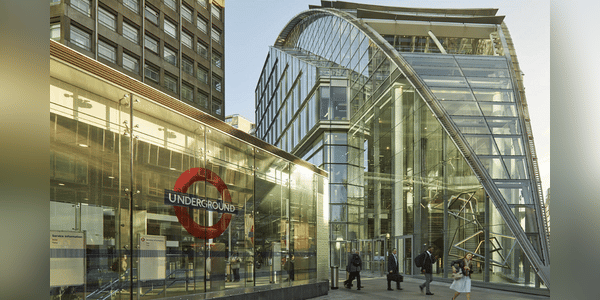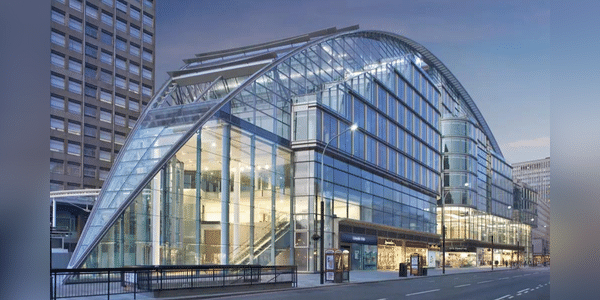Imagine a property company that not only owns some of the most iconic buildings in London, but also has a strong focus on sustainability and innovation. Investment giant BlackRock recently increased its stake to 10% of the voting rights of this company, underlining its strategic importance in the market. What is so attractive about this company?

In the dynamic world of real estate, one company stands out not only for its extensive portfolio, but also for its strong commitment to sustainability and innovation. Founded in 1944, this company has become a major player in the management, development and investment of commercial real estate. Its projects include iconic buildings in London, such as the 'Walkie-Talkie' high-rise at 20 Fenchurch Street, and modern shopping centres across the UK.
Introducing the company

Land Securities Group plc $LAND.L, often known as Landsec, is one of the UK's largest property companies. Founded in 1944 by Harold Samuel, the company has since developed into a…